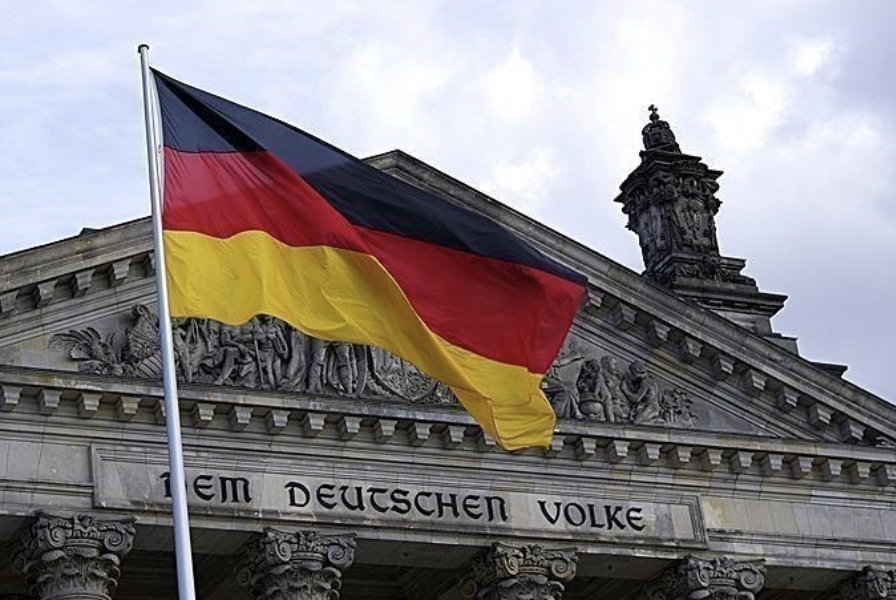Germany, Europe’s largest economy, contracted for the second consecutive year in 2024, underscoring the challenges gripping the nation ahead of critical elections. Preliminary data from the Federal Statistics Office revealed a 0.2% contraction for the year, matching economists’ forecasts, with a 0.1% decline in the final quarter suggesting no imminent recovery.
Structural Challenges Behind Economic Struggles
Ruth Brand, President of the Federal Statistics Office, pointed to both cyclical and structural factors dragging down economic growth.
“Increasing competition from abroad, high energy costs, elevated interest rates, and uncertain prospects hindered economic development in 2024,” Brand noted.
Germany’s economy, which shrank by 0.3% in 2023, has not seen two consecutive years of contraction since the early 2000s. Timo Wollmershaeuser, head of forecasts at Ifo, highlighted the gravity of the situation:
“Germany is experiencing the longest phase of stagnation in post-war history and is falling significantly behind its international peers.”
Export-Driven Economy Under Pressure
Germany’s export-oriented economy is facing weakened global demand and stiff competition, particularly from China. Exports dropped by 0.8% in 2024 compared to the previous year. LBBW economist Jens-Oliver Niklasch warned that export opportunities might decline further with the inauguration of U.S. President-elect Donald Trump, who has hinted at sweeping trade tariffs.
“There are strong indications that 2025 could mark a third consecutive year of recession,” Niklasch added.
Consumer Spending Offers a Silver Lining
Despite broader economic challenges, consumer spending grew by 0.3% in 2024, bolstered by wage increases and a slowdown in inflation, improving purchasing power for households. However, this modest growth has not been enough to offset broader economic stagnation.
Fiscal Deficit Rises
The German government recorded a budget deficit of 113 billion euros ($116.44 billion) in 2024, up by 5.5 billion euros from the previous year. The deficit remains at 2.6% of GDP, unchanged from 2023, reflecting the strain on public finances amid faltering economic growth.
Political Implications
Germany’s economic woes have fueled political tensions, contributing to the collapse of Chancellor Olaf Scholz’s three-party coalition in 2024. The economy remains a key issue for voters as the nation seeks strategies to revive its status as Europe’s economic powerhouse.
As the nation grapples with stagnation, analysts predict more turbulent years ahead, with Germany’s economic resilience under scrutiny on both domestic and global fronts.
